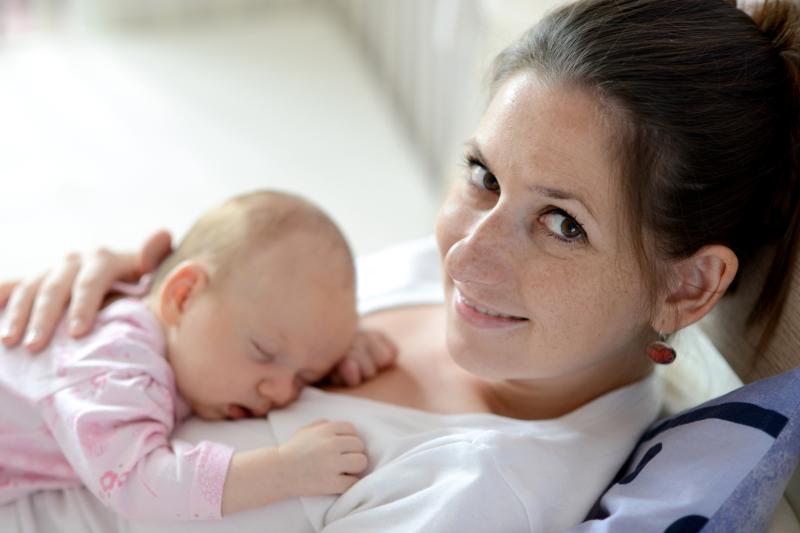
Maternal bacterial infections during pregnancy appears to increase the risk for psychotic disorders in offspring, a recent study has shown. This association varies by infection severity and offspring sex.
Earlier studies suggested the association of prenatal immune challenges with an increased risk of schizophrenia and related psychoses in offspring, according to the authors.
To test their hypothesis that maternal bacterial infection during pregnancy increases offspring risk of psychotic disorders in adulthood, and that the magnitude of this association varies as a function of severity of infectious exposure and offspring sex, they analysed prospectively collected data from 15,421 pregnancies among women enrolled between 1959 and 1966 at two study sites through the Collaborative Perinatal Project.
A total of 116 offspring with confirmed psychotic disorders were included. Associations were found between maternal bacterial infection during pregnancy and psychosis risk over the subsequent 40 years. Participants were stratified by offspring sex and presence of reported parental mental illness, with adjustment for covariates.
A robust association existed between maternal bacterial infection during pregnancy and psychosis in offspring (adjusted odds ratio [OR], 1.8, 95 percent CI, 1.2–2.7), which varied by infection severity and offspring sex.
The effect of multisystemic bacterial infection (adjusted OR, 2.9, 1.3–5.9) was about two times that of less severe localized bacterial infection (adjusted OR, 1.6, 1.1–2.3). Males had a significantly higher risk of psychosis than females after maternal exposure to any bacterial infection during pregnancy.
“These findings call for additional investigation and, if the findings are replicated, public health and clinical efforts that focus on preventing and managing bacterial infection in pregnant women,” the authors said.